The Lights of Ten Thousand Homes (1948)
Genre : Drama
Runtime : 1H 54M
Director : Fu Shen
Synopsis
This tale of familial warfare and sacrifice takes place in hard-pressed Shanghai at the end of the 1940s. Hu Zhiqing can barely support his wife and children, and his situation is worsened by the unexpected arrival of his mother, brother and sister-in-law. When he is fired by his unscrupulous boss, the whole family becomes embroiled in one emotional/economic struggle after another.

Dave Lizewski is an unnoticed high school student and comic book fan who one day decides to become a super-hero, even though he has no powers, training or meaningful reason to do so.
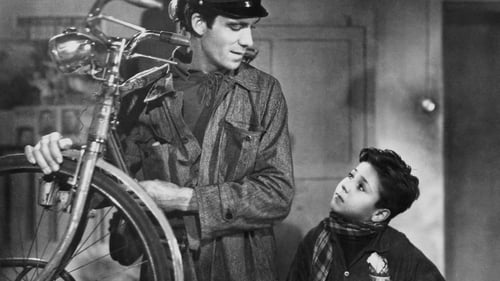
Unemployed Antonio is elated when he finally finds work hanging posters around war-torn Rome. However on his first day, his bicycle—essential to his work—gets stolen. His job is doomed unless he can find the thief. With the help of his son, Antonio combs the city, becoming desperate for justice.
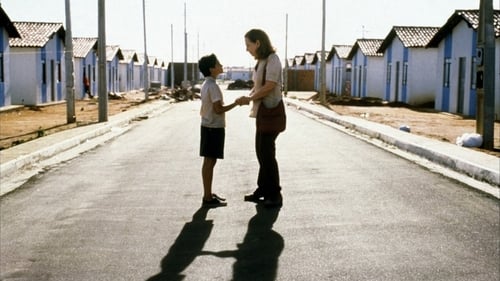
An emotive journey of a former school teacher, who writes letters for illiterate people, and a young boy, whose mother has just died, as they search for the father he never knew.

King is a young man, but he's already a veteran of life on the streets of Los Angeles. The de facto leader of a group of teenage runaways, King acts as a mentor to troubled kids such as gay hustler Little J and junkie Greg. When Heather, a beautiful girl from Chicago, starts hanging out with King and his crew, it changes the dynamic of the gang. However, it seems as though nothing will alter their dangerous lifestyle.

Prior to a city council election, the collapse of a building leaves a land developer and his political backers defending themselves against a scandal.
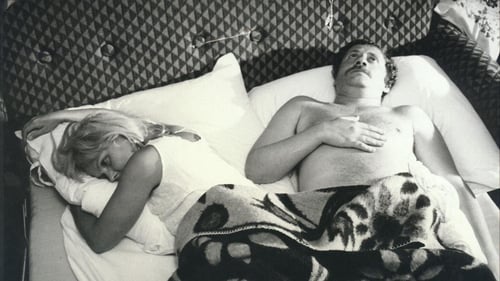
Using verite conventions, a young couple with a baby and a child are worn away by the monotony of their lives.

The life of Henri de Toulouse Lautrec, famous french painter, who lived, enjoyed, loved in the late 1800s Paris' Montmartre cultural life. He suffered from suffered from congenital health conditions traditionally attributed to inbreeding. His lifestyle and work are a testimony of the late-19th-century parisian bohemian lifestyle, as he was commissioned to produce a series of posters for the Moulin Rouge cabaret opening. As an alcoholic, he was addicted to absinthe. The movie related his love affair with the french painter Suzanne Valadon.
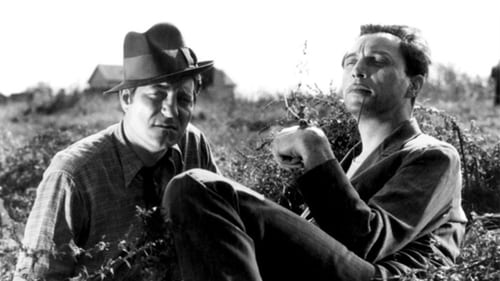
Inhabitants of a flophouse struggle to survive under the harsh treatment imposed by the landlord, Kostyleva. One resident, young thief Wasska Pepel, ends his affair with the landlord's wife, Vassilissa, and takes up with her sister, Natacha. Pepel also befriends the baron, a former nobleman fallen on hard times, but Pepel's attempts at happiness are complicated when he's accused of murder by a spiteful Vassilissa.
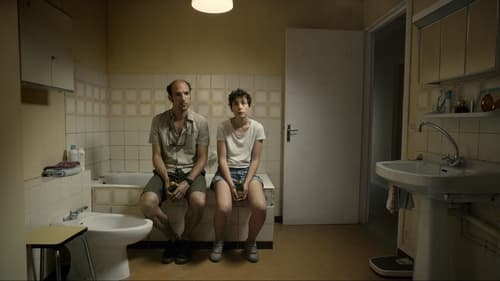
Charts the trials and tribulations of Ana, a free-spirited 26 year-old returning home to Strasbourg for the summer after living abroad for long enough to feel out of place everywhere.
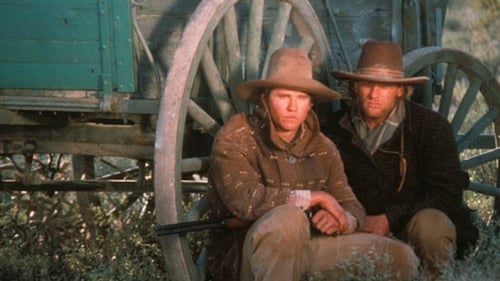
Gore Vidal's historical novel is brought to life in this television production of Turner Network Television's Billy the Kid.

Struggling to survive on the margins of society, two outcasts manage to build a beautiful friendship as they face loss and hardship.

Since the pandemic hit in the spring of 2020, Metro Manila has been subjected to intermittent lockdowns with demeaning punishments. Despite the danger, Sandra, a single middle-aged reporter living there, continues to search for stories, even after waking up with symptoms one day. As a public service, she turns the camera on herself for the first time in her career, documenting her condition and recording the sights and sounds of the afflicted city on her way to the hospital. Unfortunately, every place she reaches has a long queue. With her remaining strength, she brings herself to Quiapo Church, the site frequented by many pilgrims in dire situations.

Spaces and Reservations is an intimate and unsparingly realistic relationship drama that tells the story of a young couple being torn apart by malaise and infidelity, and the way the trauma of their breakup brings them back together. Jamie and Kacie have been dating for four years, and are separately beginning to feel the affects of malaise and disconnect. As they drift apart from one another and struggle to bridge the gaps growing between them, Jamie begins to develop feelings for another woman. After precariously flirting with infidelity, Jamie abandons this new pursuit and attempts to salvage his relationship with Kacie, only to discover that she too has fallen for someone else.

Amin, a construction laborer of a mosque, has to go to his sick wife in his hometown, but the salary of a construction worker is not enough for him to go back home, let alone pay for his wife's medical bills.
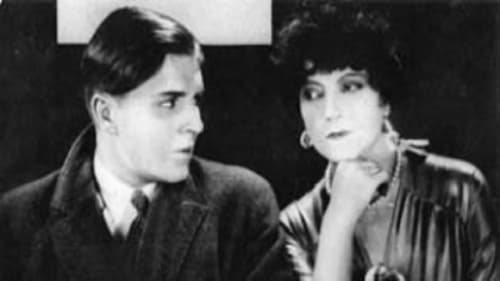
Before road movies there were street films, a distinct cycle within German silent cinema. The essential ingredient - misalliance between bourgeois and slum dweller - is present here, though somewhat displaced by Asta Nielsen's star persona. She plays an aging hooker who falls for handsome Felix, a student who has rowed with his parents and ventured into the lower depths. Dreaming of a new life, she ejects her pimp and invests her savings in a cake shop. Even without that title, though, you wouldn't bet on a happy ending. Nielsen is a quite restrained sort of diva, and Rahn likewise soft pedals the melodrama, except for the grand finale. He died soon after making this, his contemporaries regretting the masterworks the cinema was thus denied. Well, maybe.

A young couple discover an ancient book in the attic and start reading the story of the Malemort family: a sombre household set in the nineteenth century in rural France. The old man Deroze plays his violin and tries to seduce the maid. His elder daughter Maxime "qui tue les mouches et deguste en cachette des fruits juteux". Underneath her bourgeois facade her senses are not yet put to rest. There is the rest of this upstairs/downstairs family who is visited by a sea captain who learns of a hidden treasure The storyline of this adult fairy tale is less important than the cinematography and the lyric fairy tale atmosphere that surrounds this movie. A little masterpiece still to be rediscovered.

Manfred and Hilke live a live perfectly complied with each other in West Berlin. They managed to elude from the bourgeois conformity, which they loath. But when Hilke finds out about her pregnancy she estranges from her partner. Trying to keep her former life as it was, she desperately looks all over the city to get an abortion.

This tale of familial warfare and sacrifice takes place in hard-pressed Shanghai at the end of the 1940s. Hu Zhiqing can barely support his wife and children, and his situation is worsened by the unexpected arrival of his mother, brother and sister-in-law. When he is fired by his unscrupulous boss, the whole family becomes embroiled in one emotional/economic struggle after another.

The film was originally conceived as a portrait of Dr. Nawal El Saadawi, the well-known Egyptian doctor, writer, and women’s rights activist. But the director was disappointed by the encounter with the woman who had been her great role model. Instead, she set out to discover what life means to Egyptian women by visiting her female relatives. Her mother, aunts, and neighbors talk about life as a married woman, about the traditional clitoridectomy of girls, about love and sexuality. The result is a very impressive and extremely personal film.

Part work of ethereal realism, part dance film, this contemporary-set short follows a young man facing the probability of an HIV+ diagnosis.





























